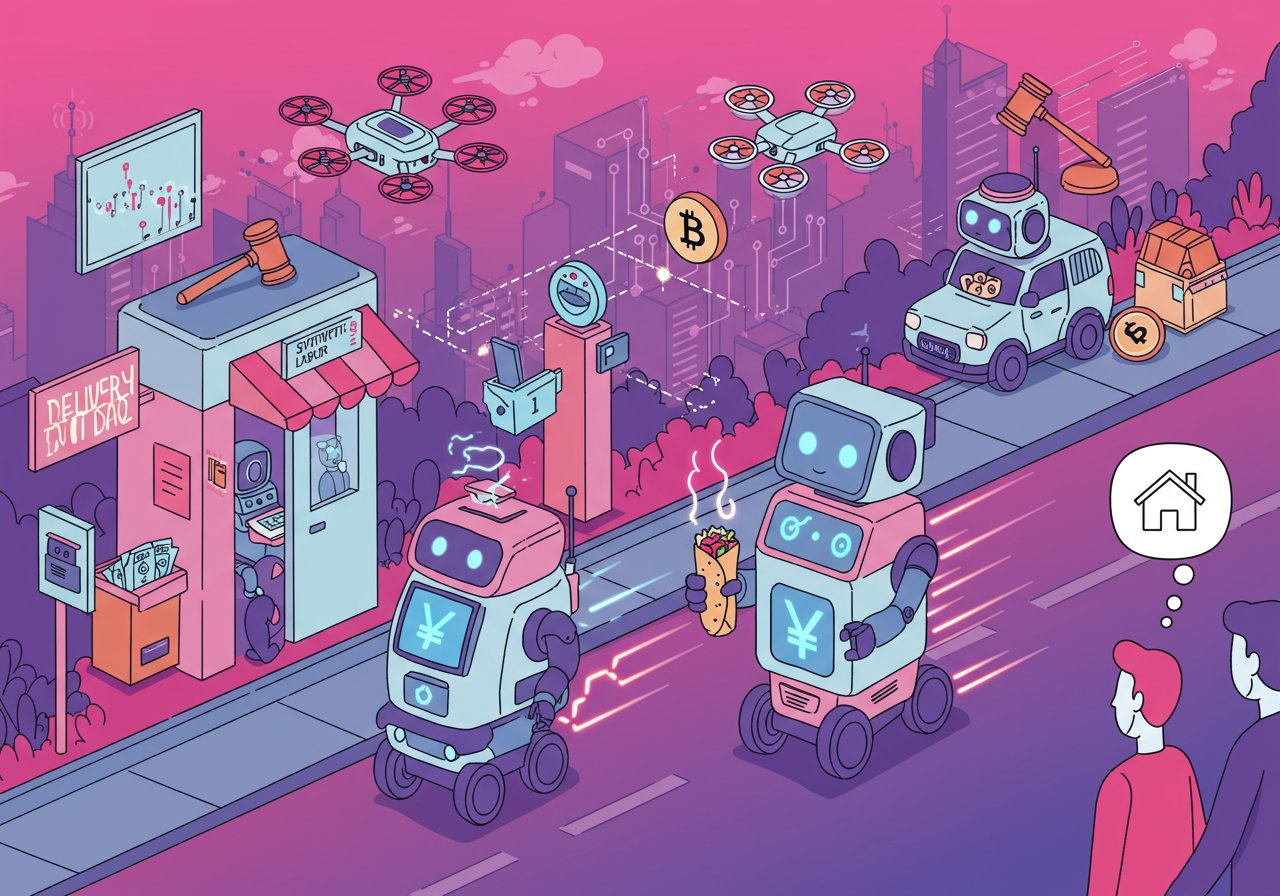
The Dawn of the Machine Economy
The digital world is rapidly evolving, and we’re on the cusp of a new era: the machine economy. This isn’t just about automation; it’s about giving machines financial agency. Increasingly, algorithms are not just executing tasks, but are also equipped with wallets, enabling them to participate directly in the economy. This shifts the paradigm from simply providing a service to actively engaging in economic transactions. Consider the ubiquitous Uber Eats example, where a delivery robot could one day navigate the streets, pay tolls with on-chain funds, and even tip a decentralized navigation oracle for the quickest route. Upon completing your order, it could autonomously receive payment, creating a closed-loop economic cycle managed entirely by the bot itself.
Bots as Autonomous Economic Actors
The implication of these machines possessing wallets is profound. Equipped with access to decentralized finance (DeFi), smart contracts, and machine-readable APIs, bots can negotiate terms, earn income, and manage their operational needs. This transforms them from passive tools into active agents, capable of making independent economic decisions. Imagine delivery bots choosing the most lucrative jobs based on demand, or drones dynamically adjusting service prices according to weather conditions. This transition introduces the concept of “synthetic labor,” where AI agents and robots provide services and generate revenue on-chain, potentially financing their operations and evolving independently. Kevin Leffew of Coinbase Developer Platform highlights this shift, stating that machines are now not just tools, but active participants in the economy.
Challenges and Opportunities in a Bot-Driven World
This brave new world brings with it critical questions. Who owns the income earned by these bots? The company, a decentralized autonomous organization (DAO), the user, or no one at all? The efficiency of machine-to-machine commerce could decentralize humans from the value chain and create misalignment. It is important to design a new economic model considering these challenges. The transition to machine-based automation presents opportunities for enhanced efficiency and optimized resource allocation. However, it also necessitates a re-evaluation of existing economic and legal frameworks. We must contemplate how to equitably distribute the benefits of this new economy and address potential displacement issues.
The Future of Work and Value Creation
The concept of a machine economy has hidden costs. Autonomous agents optimizing for profit, the potential outnumbering of gig workers, and the formation of DAOs that collectively own infrastructure pose complex challenges. As machines pay tolls, collaborate, and execute micro-transactions, they rewrite the logic of the market. Code becomes labor, wallets are autonomy, and data becomes currency. It’s critical to establish clear regulations and accountability for these entities. This isn’t just about technological advancement; it’s a fundamental shift in how we define work, create value, and interact within the economic landscape. The key will be to ensure this evolution benefits all participants, not just the machines themselves.


